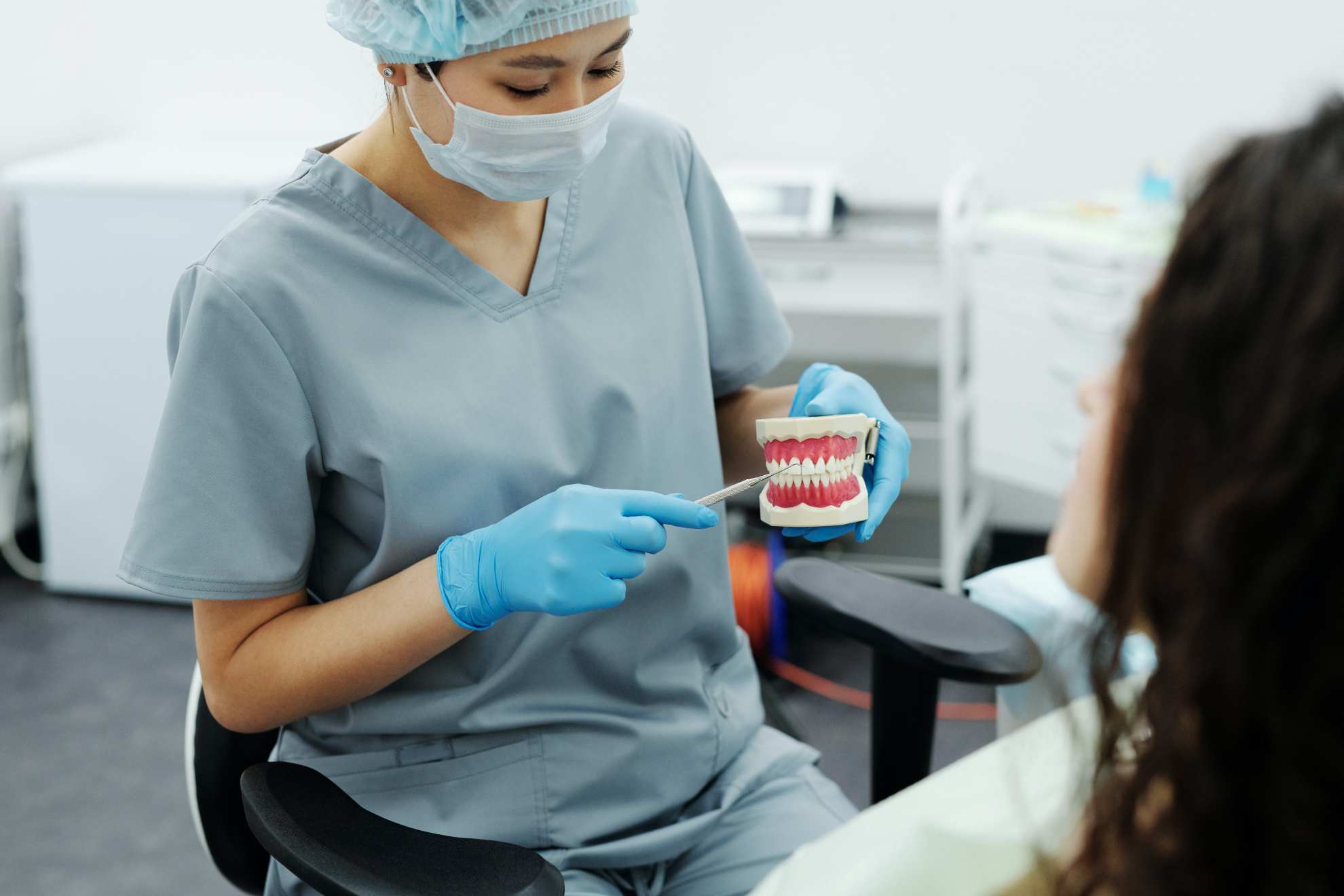Should Agencies be Trusted?

Recruitment agencies for international medical students have become very popular in recent years. Generally, they offer their services in arranging a student’s education abroad, including paperwork, transport and being a mediator with the university.
However, with this increase in popularity came some bad actors looking to take advantage of students who genuinely needed help. Reports of scams, unprofessional behaviour and lost time are fairly common on student message boards and social media, which has left many students asking, "Should agencies be trusted at all?"
Table of Contents
Can you trust a student recruitment agency (UK or international)?
Understandably, when researching a service (be it a student recruitment agency or any business in general), you’d always want to be careful of “bad actors”. Just like how you would rather take a loan from a bank instead of the shady shop down the street, you also wouldn’t trust a business which doesn’t appear to be up to any good. But today, when nearly anyone can have a shiny website with big promises, it’s become tough to tell the “bad actors” apart from the companies that genuinely want to tell you.
A good student agency can be life-changing - they’ll make sure you get admitted into the career of your dreams and support you every step of the way. So, to answer our question, student recruitment agencies can be trusted. But there is a catch: not all student recruitment agencies can be trusted. Some will, unfortunately, take advantage of students in vulnerable situations. As such, it’s vital to know the signs of a good agency to avoid the bad ones.
Why use a student support agency at all?
With some risks involved, the question of “Should I rely on recruitment agencies for students” is a logical one - but there are plenty of reasons why using an agency is significantly better than trying to get into university on your own (especially a foreign one).
Here are just some of the things that a good student support agency will do for you:
- Prepare all of your documents, including translation, notarisation, apostillisation and legalisation;
- Secure you a guaranteed acceptance letter into the university of your choice;
- Assist you with preparing for entrance exams and interviews;
- Secure your visa, travel documents and accommodation (ex., application to the university dorms);
- Airport pickup & transfer to your accommodation;
- Set up bills (phone, electricity, wi-fi, etc.) and a local bank account;
- Give you tours of the city and university, as well as help you connect with students;
- Help you with revision for your midterms and final exams;
- Assist you with registration with your local medical council (i.e. GMC) after graduation
- Securing internships and jobs in the medical field.
While there’s a common misconception that all an agency does is serve as a mediator between you and the university, the fact is that the best agencies do so much more. They provide medical students like you with an all-inclusive package of services until they set foot on campus, throughout their education, and even after graduation.
At least, that’s what a good international student agency is supposed to do. We would advise you to be wary of any agencies offering to send your documents to a university and nothing else. No legitimate agency would have such a limited involvement.
But even if an agency offers all of the above and then some, how can you be sure they’re trustworthy? It’s a valid question, but luckily, there are some clear red flags to look out for.
Fill in this form if you want a free consultation about your options to study in Europe:
Check your email to Book a FREE call
with an expert advisor
Look at your promotions/spam folders, just in case.
How do you verify a company for student admissions?
These are some of the ways through which you can verify whether an agency is legitimate or not.
What universities do they promote?
The goal for most students who wish to study medicine in Europe is to return back to their home country after graduation to practise there. This means that the university must be accredited and recognised by the World Directory of Medical Schools, an international index which lists all accredited universities.
To put it simply, it's a directory of the best medical schools in Europe, ones that have been recognised by organisations such as AMA, GMC and others. A degree from one of them can be used to practise anywhere in the world. On the other hand, it's best to stay away from schools that aren't featured in it.
Trusted agencies will ONLY feature schools that appear in the World Directory - they'd tell you to look them up yourself. If you find featured universities that look sketchy or that you're not finding in the World Directory, it might be best to look elsewhere.
What does Trustpilot have to say about them?
Trustpilot has grown into one of the most reliable tools for evaluating all sorts of companies, in no small part thanks to the way they combat fake reviews. If I were a dissatisfied student who went to an agency’s Trustpilot page and left 10 angry reviews, chances are 9 of them would be removed by the staff.
But the same holds true for positive reviews: if I’m an employee of a shady business and write 10 positive reviews, they will all be removed. While not perfect, the system is good enough to give a more or less objective look at a company.
So, when considering a student recruitment agency, why not look them up on Trustpilot and see what their clients say about them? A few negative reviews are bound to appear for every business, but most won’t lie.
If most of the reviews are positive, it most likely means that the other students are happy with the service. However, if a substantial number is negative (even if it’s not a majority, like half or a third), it might be best to stay away.
What payment methods do they accept?
If you’ve had the misfortune of shopping at a shady/”grey market” online store, you probably noticed that their payment methods were vastly different compared to your average e-shop. Paysafecard, unknown online transaction companies, and maybe even cryptocurrency are all accepted, but not more popular, payment methods, like PayPal or bank transfer.
There are two reasons for this: paying with a “shadier” method keeps the transaction off the record, and the seller can probably avoid paying taxes. Second, there’s no real way to get a refund if you end up being ripped off.
As you can imagine, this is actually a really big red flag when it comes to student agencies. The reputable ones will always ask you to pay with a bank transfer, often through a notable UK or international bank (like HSBC). This means the transaction is on the record, as clear as it can be.
They have evidence they received your money, while you have evidence you paid it. Should the agency fail to deliver, you can request a refund from your bank directly. Never, ever send money through payment methods you’re unsure about!
Still unsure? Ask questions!
All international student recruitment agencies worth their salt wish to help students achieve their dreams. This means that if a student is uncertain about their trustworthiness, they’ll never shy away from questions.
So, if you’ve got doubts… Simply reach out and ask them about it.
Did you read a negative review online that concerns you? Was there something unclear about their website or services? Do you just want to check the authorisation certificate proving the agency is licensed to work with the university of your choice?
Ask, ask, ask!
Ask as many questions as it takes until you feel confident in your choice. These people are in charge of helping with your future, so they must be held to a high standard.
Want to see how well we fare? Use everything you’ve learned to test us by requesting a free consultation with our student advisors! They’ll be available to answer any of your questions without shying away from addressing your concerns, be they about what you’ve seen online or generally about studying medicine in Europe.
Hear more things to be careful of on our Virtual Open Day: Study Medicine or Dentistry Abroad.
Leave a Reply

About Medlink Students
Leading international recruitment company for medical students in Europe. British Council Certified Agents. 10+ years of experience and more than 10,000 students advised.








